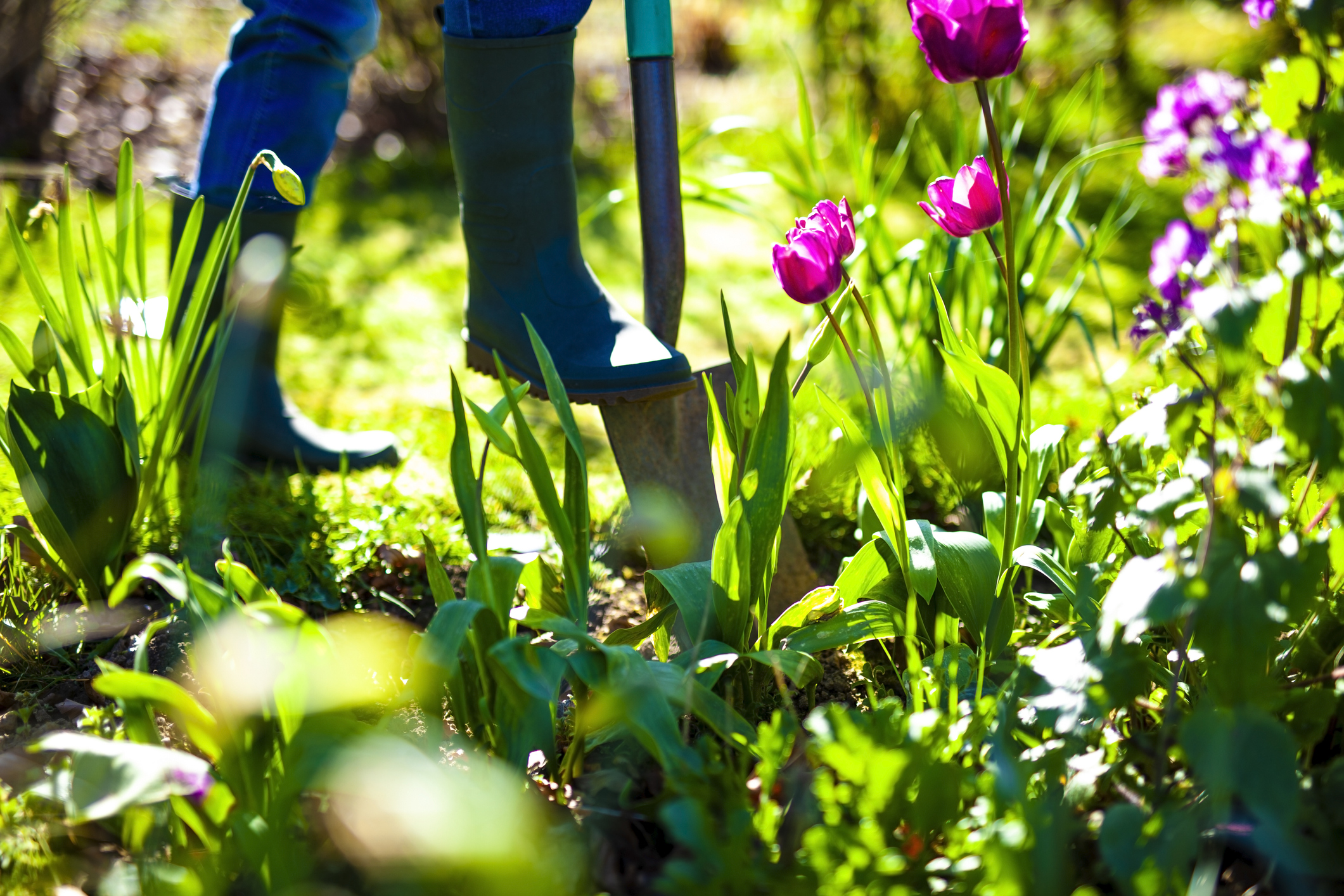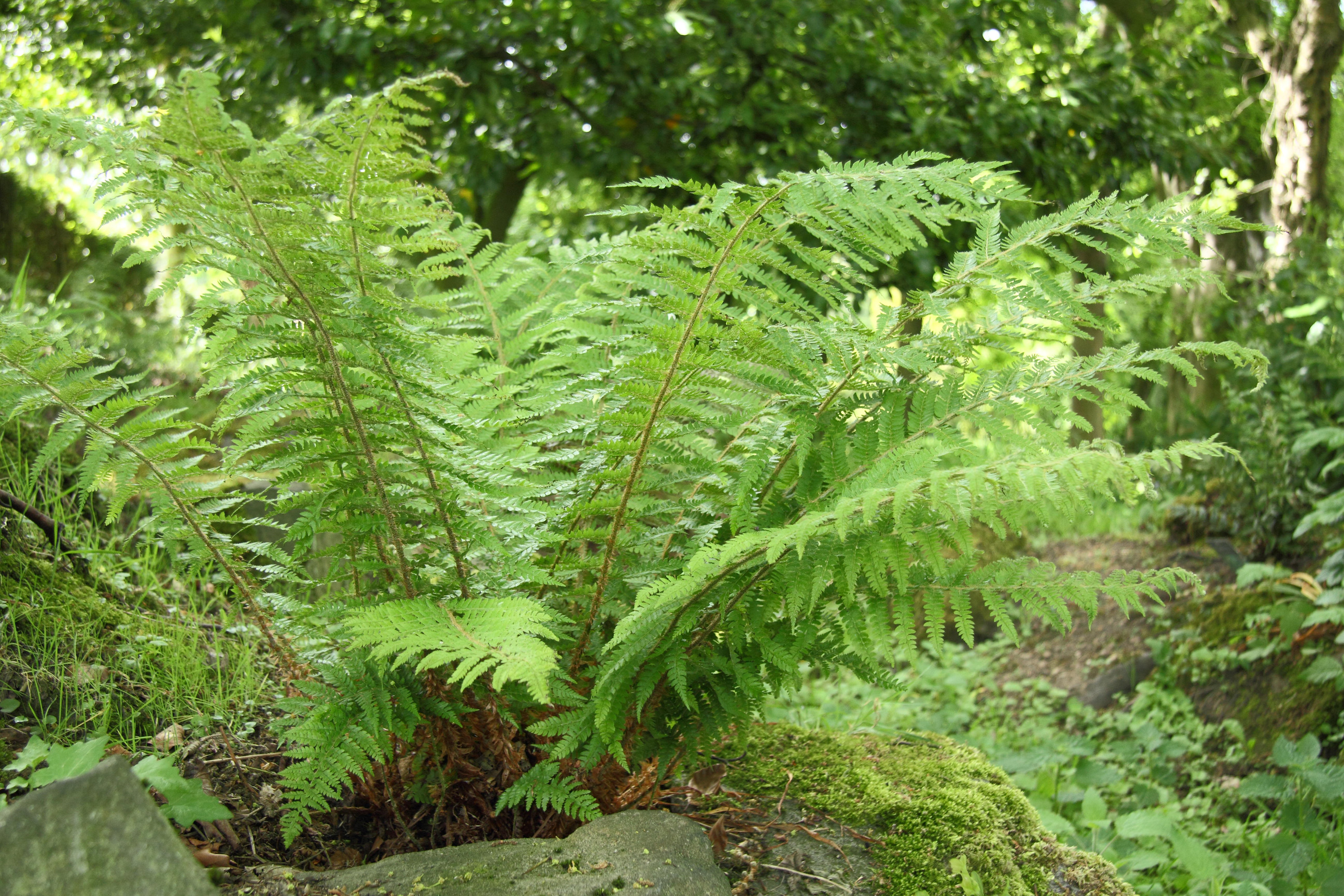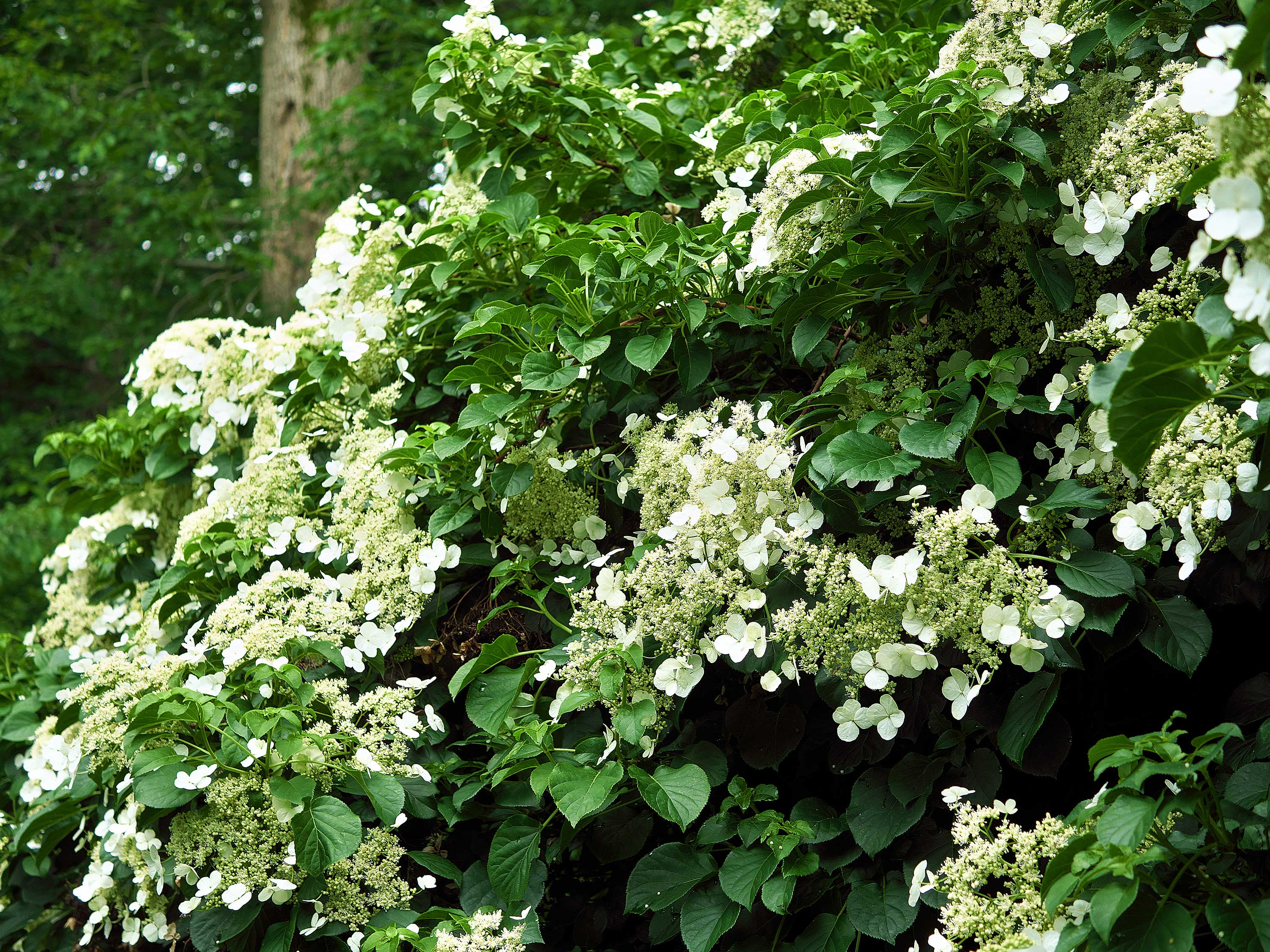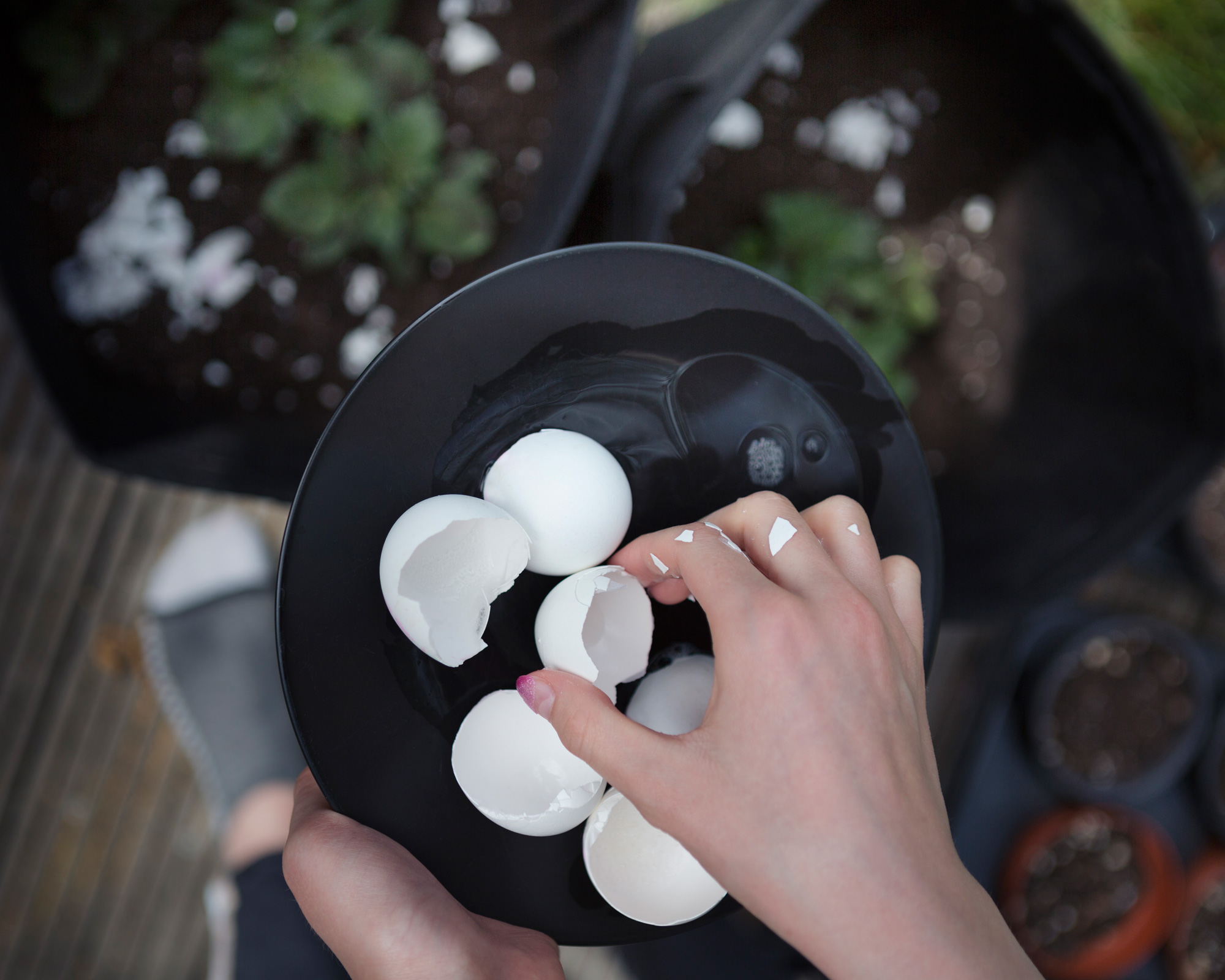These are the top 3 natural fertilisers recommended by a gardening expert
Nourish your garden naturally with these top picks from an expert gardener; even better, they're completely free

These natural fertilisers are so good for your garden that we bet they'll replace, or at least work alongside, your regular garden fertiliser. Whether you are replanting your garden borders this spring, or want to keep your perennials in the best possible shape, feeding your plants in spring is an essential aspect of garden maintenance.
While some plants like a specialised fertiliser – roses especially – many plants are very happy to be fertilised with things that can be found in just about every kitchen. We've asked Michael Perry, Rowse Honey’s Gardening Expert, to advise on the simplest and most effective natural fertilisers that won't cost you – or the planet – a thing.
1. Leftover coffee grounds

Coffee provides a whole range of benefits for garden soil: it improves soil structure by opening it up and by attracting earth worms. Coffee also creates the perfect environment for beneficial microorganisms to multiply in your soil, which creates a more nutritious base for your plants.
Some plants also love being fed with coffee because of its acidic profile, as Michael explains: 'You can use leftover coffee grounds on your outdoor, and indoor, plants. Ferns in particular will enjoy their acidic kick!'
Head over to our guide on how to grow ferns if you want to introduce low-maintenance greenery to a shady spot in your garden.
2. Pasta water

Who knew that something as humble as leftover water from boiling pasta was so good for your plants! Boiling pasta in water releases starch, which is a type of carbohydrate and gives your plants a boost of energy much like sugar.
It also seems to act as a catalyst for better absorption of vitamins and minerals from the soil. Michael comments: 'Plants also love starch, so when you cook your noodles and pasta, don’t be too quick to throw the water away. Pour it onto your plants, but of course wait until it’s cooled first!'
3. Crushed eggshells

Crushed eggshells are an all-round amazing addition to your garden: they double up as a fertiliser and natural pesticide: 'Crushed eggshells have long been known as a deterrent to slugs and snails, but they’re also good for the soil. Mixing them into the top layer of soil will help to aerate the soil.' There's more advice on how to get rid of slugs in the garden in our guide too.
Eggshells are also particularly beneficial for tomato plants: the calcium in the eggshells helps regulate moisture levels in the soil, preventing rot, which is a common problem with this crop. You can get more tips on how to grow tomatoes in our guide.
Anna writes about interior design and gardening. Her work has appeared in Homes & Gardens, Livingetc, and many other publications. She is an experienced outdoor and indoor gardener and has a passion for growing roses and Japanese maples in her outside space.
